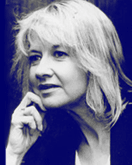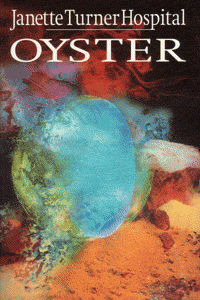

|
Oyster Stories do insist on being told. Even the stories of hidden lives and towns and opal reefs. By cunning intention, and sometimes by discreet bribery (or other dispatch) of government surveyors, the opal-mining town Outer Maroo has kept itself off maps. And yet people do stumble into town, because the seduction of nowhere is hard to resist. Two strangers reach Outer Maroo, searching for a stepdaughter and son who have mysteriously disappeared. There is a heavy, guilty feeling to the hot, parched-dry town. Mercy Given and Old Jess (everyone calls her Old Silence) watch from Ma and Bill Beresford's store. On the verandah of Bernie's Last Chance, the drinkers wait to take stock of the foreigners, before they return to their cattle properties or their sheep stations or to their stake-outs in the opal fields. Dukke Prophet crosses the street from The Living Word Gospel Hall. Young Alice Godwin whimpers. Outer Maroo. Population 87. Here two opposing cultures - the rough-diamond, boozing, fiercely individualistic bush folk and the teetotaller, church-going fundamentalists - used to coexist peaceably. Until the arrival of the cult messiah Oyster. PURCHASE THIS BOOK THROUGH AMAZON: Canada
| France
| Germany
| UK
|
USA
BACK TO BOOKS
|
 |
|||||||||||||||||